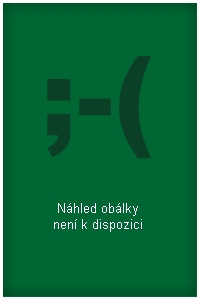
Kód: 04545935
Ability to Mourn
Autor Peter Homans
Peter Homans offers a new understanding of the origins of psychoanalysis and relates the psychoanalytic project as a whole to the sweep of Western culture, past and present. He argues that Freud's fundamental goal was the interpre ... celý popis
- Jazyk:
 Angličtina
Angličtina - Väzba: Pevná
- Počet strán: 404
Nakladateľ: University of Chicago Press, 1989
- Viac informácií o knihe

71.84 €
Dostupnosť:
50 % šanca Máme informáciu, že by titul mohol byť dostupný. Na základe vašej objednávky sa ho pokúsime do 6 týždňov zabezpečiť.
Máme informáciu, že by titul mohol byť dostupný. Na základe vašej objednávky sa ho pokúsime do 6 týždňov zabezpečiť.Prehľadáme celý svet
Mohlo by sa vám tiež páčiť
-
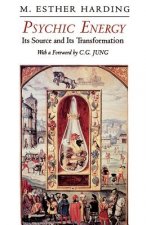
Psychic Energy
97.39 € -

Carmen Balcells, traficante de palabras
24.11 € -4 %
Darujte túto knihu ešte dnes
- Objednajte knihu a vyberte Zaslať ako darček.
- Obratom obdržíte darovací poukaz na knihu, ktorý môžete ihneď odovzdať obdarovanému.
- Knihu zašleme na adresu obdarovaného, o nič sa nestaráte.
Informovať o naskladnení knihy
Zadajte do formulára e-mailovú adresu a akonáhle knihu naskladníme, zašleme vám o tom správu. Postrážime všetko za vás.
Viac informácií o knihe Ability to Mourn
Nákupom získate 178 bodov
 Anotácia knihy
Anotácia knihy
Peter Homans offers a new understanding of the origins of psychoanalysis and relates the psychoanalytic project as a whole to the sweep of Western culture, past and present. He argues that Freud's fundamental goal was the interpretation of culture and that, therefore, psychoanalysis is fundamentally a humanistic social science. To establish this claim, Homans looks back at Freud's self-analysis in light of the crucial years from 1906 to 1914 when the psychoanalytic movement was formed and shows how these experiences culminated in Freud's cultural texts. By exploring the culture of psychoanalysis, Homans seeks a better understanding of what a psychoanalysis of culture might be. Psychoanalysis, Homans shows, originated as a creative response to the withering away of traditional communities and their symbols in the aftermath of the industrial revolution. The loss of these attachments played a crucial role in the lives of the founders of psychoanalysis, especially Sigmund Freud but also Karl Abraham, Carl Jung, Otto Rank, and Ernest Jones. The personal, political, and religious losses that these figures experienced, the introspection that followed, and the psychological discovery that resulted are what Homans calls the ability to mourn. Homans expands this historical analysis to construct a general model of psychological discovery: the loss of shared ideals and symbols can produce a deeper sense of self (psychological structure-building, or individuation) and can then lead to the creation of new forms of meaning and self-understanding. He shows how Freud, Jung, and other psychoanalysts began to extend their introspection outward, reinterpreting the meanings of Western art, history, and religion. In conclusion, Homans evaluates Freud's theory of culture and discusses the role that psychoanalysis might play in social and cultural criticism. Throughout the book, Homans makes use of the many histories, biographies, and psychobiographies that have been written about the origins of psychoanalysis, drawing them into a comprehensive sociocultural model. Rich in insights and highly original in approach, this work will interest psychoanalysts and students of Freud, sociologists concerned with modernity and psychoanalysis, and cultural critics in the fields of religion, anthropology, political science, and social history.
 Parametre knihy
Parametre knihy
Zaradenie knihy Knihy po anglicky Society & social sciences Social services & welfare, criminology Social welfare & social services
71.84 €
- Celý názov: Ability to Mourn
- Podnázov: Disillusionment and the Social Origins of Psychoanalysis
- Autor: Peter Homans
- Jazyk:
 Angličtina
Angličtina - Väzba: Pevná
- Počet strán: 404
- EAN: 9780226351117
- ID: 04545935
- Nakladateľ: University of Chicago Press
- Hmotnosť: 735 g
- Rozmery: 278 × 154 × 28 mm
- Dátum vydania: 01. July 1989
Obľúbené z iného súdka
-

What Life Should Mean to You
17.36 € -

Denied a Mummy
16.24 € -13 % -

Internal Family Systems Therapy with Children
35.66 € -

Raising a Secure Child
17.67 € -4 % -

Billionaire Who Wasn't
18.49 € -21 % -

Autobiography of George Muller
9.19 € -18 % -

Promise of a Pencil
11.13 € -23 % -

Active Listening
11.64 € -

Animal Assisted Therapy Activities to Motivate and Inspire
21.76 € -
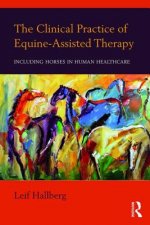
Clinical Practice of Equine-Assisted Therapy
55.28 € -
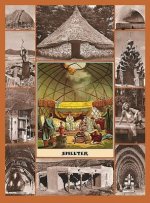
Shelter
25.13 € -19 % -

Helping People Change
29.42 € -11 % -

Counselling Skills for Working with Trauma
35.04 € -1 % -

Counselling Skills for Working with Shame
35.04 € -1 % -

From Coach to Awakener
25.13 € -19 % -

Using Stories to Build Bridges with Traumatized Children
28.20 € -1 % -

Intervention & Strategies in Counseling and Psychotherapy
84.20 € -

Tomorrow is Now
21.96 € -12 % -

Solution Focused Harm Reduction
89.42 € -
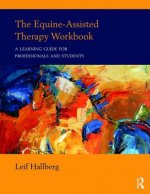
Equine-Assisted Therapy Workbook
55.28 € -

Investigating Child Exploitation and Pornography
117.52 € -
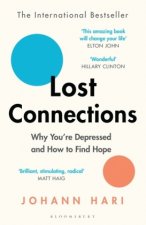
Lost Connections
12.87 € -24 % -
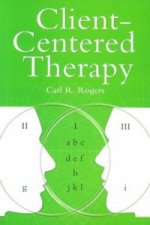
Client Centered Therapy (New Ed)
18.69 € -23 % -

English for Law Enforcement Student's Book Pack
45.88 € -3 % -
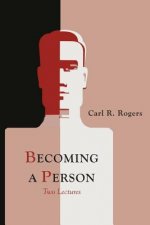
Becoming a Person
7.55 € -

Tavistock Institute
21.15 € -19 % -

Personality Adaptations
24.42 € -5 % -

I Shall Not Hate
14.40 € -23 % -
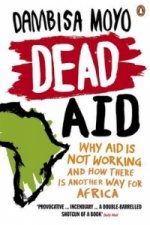
Dead Aid
10.93 € -24 % -
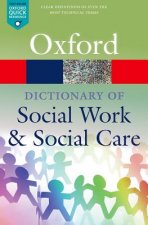
Dictionary of Social Work and Social Care
18.39 € -10 % -
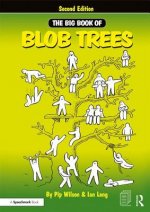
Big Book of Blob Trees
54.57 € -5 % -

Borderline Personality Disorder Demystified, Revised Edition
16.96 € -20 % -

Three Cups Of Tea
11.03 € -23 % -

Blob School
51.09 € -

Conversations That Matter
39.85 € -

Therapeutic Journal Writing
41.38 € -

Smart but Scattered--and Stalled
20.53 € -2 % -

Solution Focused Narrative Therapy
76.23 € -5 % -

Cognitive-Interpersonal Therapy Workbook for Treating Anorexia Nervosa
35.66 € -

Grief in Children
24.01 € -1 % -

Enforcing Order - An Ethnography of Urban Policing
31.98 € -
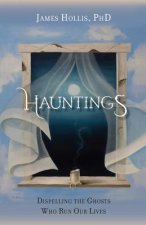
Hauntings - Dispelling the Ghosts Who Run Our Lives
27.38 € -

Creative Ways to Help Children Manage BIG Feelings
35.04 € -1 % -

Resilience Handbook
96.88 € -
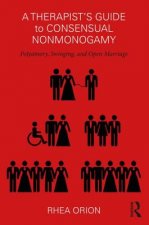
Therapist's Guide to Consensual Nonmonogamy
50.07 € -
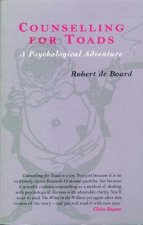
Counselling for Toads
35.66 € -

Enemies
17.98 € -16 % -

Ecotherapy in Practice
63.15 € -

Marriage Clinic
48.94 € -2 %
Osobný odber Bratislava a 2642 dalších
Copyright ©2008-24 najlacnejsie-knihy.sk Všetky práva vyhradenéSúkromieCookies


 21 miliónov titulov
21 miliónov titulov Vrátenie do mesiaca
Vrátenie do mesiaca 02/210 210 99 (8-15.30h)
02/210 210 99 (8-15.30h)